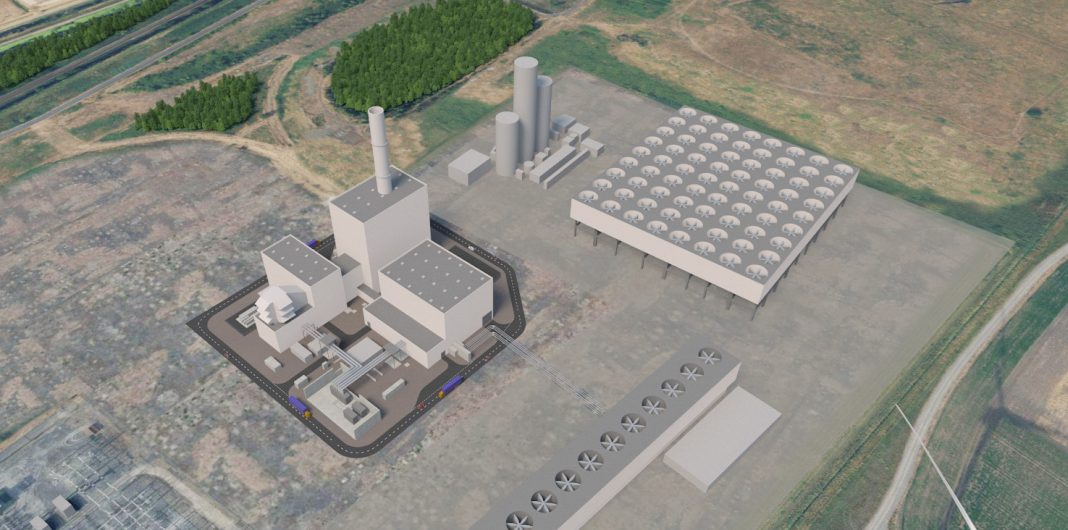A number of projects in our region have been shortlisted by the Government for the next stage of its carbon capture programme, which will attract funding.
They include: Killingholme, Keady 3 power station,, Hydrogen to Humber at Salted, and both Phillips 66 and the Lindsey Oil Refinery. Their selection is said to represent an important step towards a net zero economy. The UK has one of the largest potential carbon dioxide storage capacities in Europe, making it one of the most attractive business environments for CCUS technology. This is thanks to an unrivalled asset – the North Sea, which can be used to store captured carbon under the seabed. The UK government’s commitment to support CCUS UK-wide could help to create 50,000 skilled jobs in the UK by 2030.
Today’s shortlist follows the commitment in the Prime Minister’s Ten Point Plan for a Green Industrial Revolution,
It’s intended to create CCUS in two industrial clusters by the mid-2020s, and a further two by 2030. These clusters will support the government’s ambitions to decarbonise industry and put the UK at the forefront of the growing carbon capture market. In November 2021, the HyNet cluster in North West England and North Wales, and the East Coast Cluster in the Teesside and Humber were selected as Track 1 clusters, for deployment by the mid-2020s. These clusters will be the first to be considered for support under the government’s CCUS Programme, which includes the £1 billion CCS Infrastructure Fund (CIF).
The shortlisted projects will now also be considered for government funding support to join one of these clusters, to use carbon capture technology to help decarbonise their businesses.



